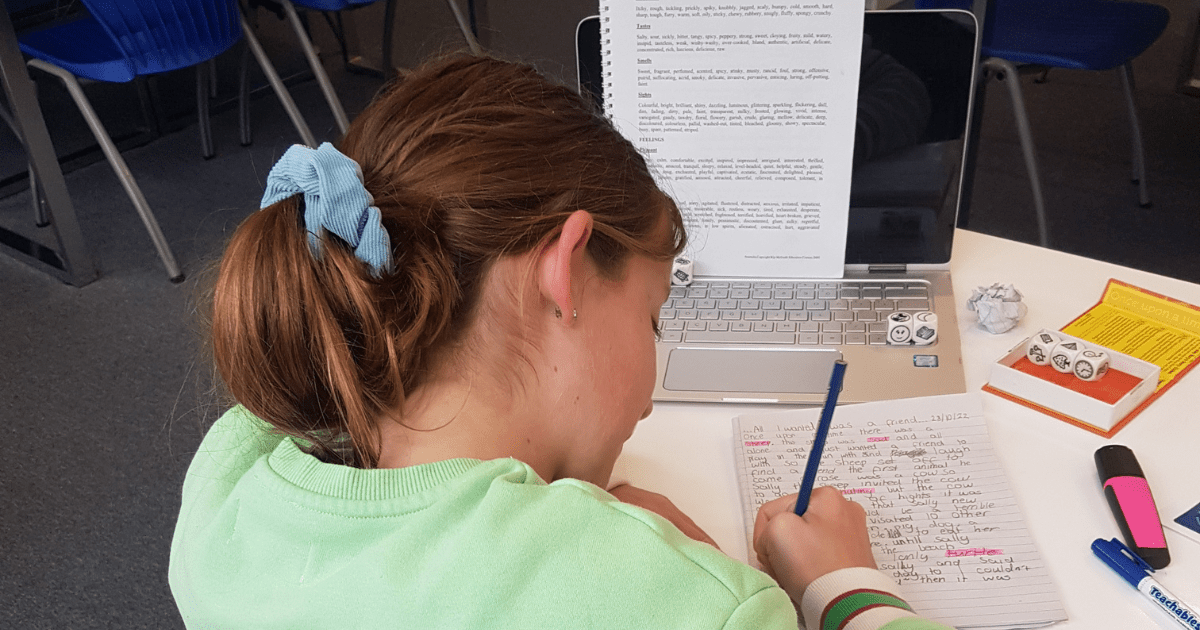When you know better, you do better.

Decodable readers are used to support the sounds pupils are learning in class, and pupils' progress is monitored along the way with regular assessments.
This phrase has become commonplace to teachers at The Geelong College Junior school.
At the start of 2020, the Junior School’s Leadership Team completed LaTrobe University’s Science of Language and Reading (SOLAR) Lab to kick start their journey into the Science of Reading.
They heard the esteemed Professor Pamela Snow use this phrase to anchor the compelling research behind what some have coined the Science of Reading movement in school reading instruction – and from that point the team knew things needed to change.
The Science of Reading urges schools to examine research and align their instruction with what the evidence says about best practices for teaching young children to read.
For the Geelong College Junior school, as with most schools, this meant going through a significant journey of change and learning.
Explicit teaching was prioritised, with teachers instructing on new concepts, then guiding children to practise with support, before independent practise is facilitated.
The creation of a systematic Reading-Spelling Scope and Sequence was integral in guiding teachers, with the understanding that phonics is only part of the puzzle, but that we can’t do the whole big picture of reading without it.
Teachers at the College work on getting the phonics and word reading skills right with children in their foundational years.

At the same time they support pupils’ language development, teaching rich vocabulary and sentence structure, and sharing rich picture books.
Teachers understand these two elements weave in the development of a skilled reader over a number of years.
Decodable readers are used to support the sounds pupils are learning in class, and pupils’ progress is monitored along the way with regular assessments.
This information is used to make decisions about how to teach children and so that any missed learning can be addressed in intervention groups as soon as identified.
Early Learning pupils at the College also began a Phonological Awareness program, and this continues through Foundation and Year 1.
This prepares pupils with strong oral language and being able to distinguish individual sounds in words before they learn to read.
This is all underpinned by the belief at The Geelong College Junior School, that all pupils can learn to read, which aligns to the school’s Reggio Emilia approach, and their image of the child as capable and competent.
And because they know better, they are doing better, by all students in their care.
// Sponsored Content


















